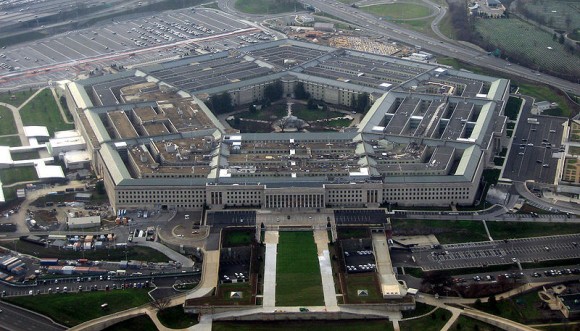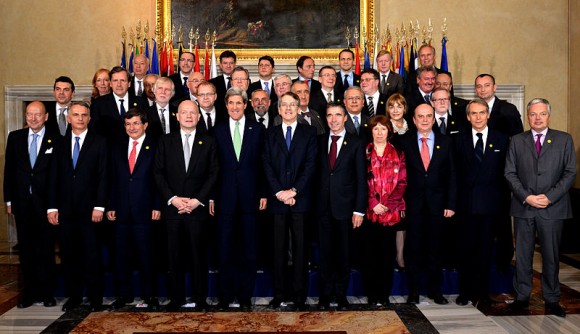
As anyone exposed to a whiff of news media knows, Republicans and Democrats are more divided than ever. They just can’t come together like they used to, goes the cliché.
But this week, they did come together. Republican Paul Ryan and Democrat Patty Murray hashed out a budget deal to avoid automatic sequestration cuts. It was a genuine “compromise,” as the Daily Show’s Jon Stewart quipped.
As has been widely reported, the real motivator in this “compromise” was the supposedly “dire” cuts in defense spending. There have been vociferous warnings from Congress and the Pentagon that sequestration will weaken America by taking an ax to national defense and leaving us vulnerable to attack.
Obviously that’s nonsense. The U.S. could cut its defense budget in half, unthinkably more drastic than sequestration, and still outspend China, which is the U.S.’s next highest spending competitor.
As a 2011 report from the Center for Strategic and Budgetary Assessments found, while the source of growth in annual defense budgets since 2001 has been mostly (54%) due to the wars in Iraq and Afghanistan, much of the rest has been spent on wasteful superfluous weapons technology, bloated salaries and benefits plans, and expensive peacetime operating costs for the 900-plus military bases in 130-plus countries around the world.
Continue reading “The Parties Come Together to Save the Military-Industrial Complex”




 But at this point it seems like the President is getting lazy. An absolutely must-read piece at the New York Times
But at this point it seems like the President is getting lazy. An absolutely must-read piece at the New York Times 